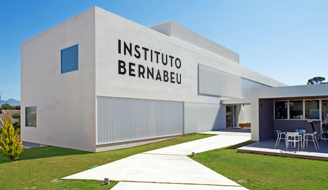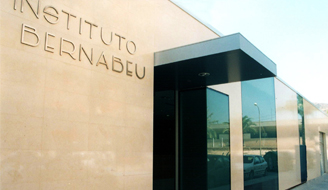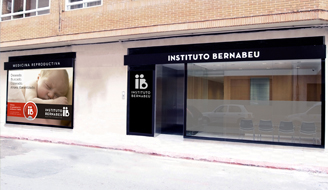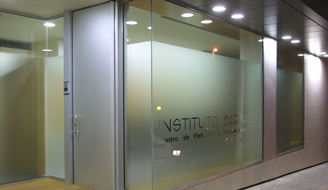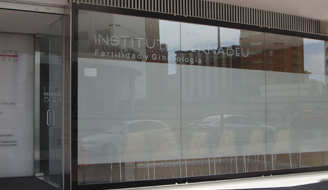Instituto Bernabeu, a leader in personalised research will present its progress at the European Genetics Congress
The European Human Genetics Congress (ESHG), the world's largest gathering of specialists in genetics, is due to take place in Barcelona between 21st and 24th May. The Instituto Bernabeu group which, as a result of its commitment to scientific progress, is a European leader in R+D, will play an active role in the event with the presentation of 3 lines of research developed by the genetics and biotechnology team at Instituto Bernabeu Biotech.
Whilst progress of this kind may seem limited, it can make a difference in terms of achieving a successful pregnancy in thousands of patients. The institution, based in Alicante, points out that "in order to achieve good results in assisted reproduction treatment, it's important not to use standard lines of treatment but to personalise it for each patient." Therefore, and with a view to practising medicine to the very highest of quality standards, the medical team at Instituto Bernabeu is constantly progressing in reproductive medicine's most advanced techniques and combines medical healthcare with research. This, along with the use of avant-garde technology, has made the fertility group based in Alicante a go-to clinic for patients from all over the world.
Research work accepted by the ESHG scientific committee
- MOSAIC EMBRYOS CAN HAVE GOOD SUCCESS RATES IN IVF. R. Morales, B. Lledó, J. Ortiz, H. Blanca, J. Ll. Aparicio, R. Bernabeu.
- MALE PARTNER AGE DOES NOT CORRELATE WITH HIGH SPERM AND EMBRYO ANUEPLOIDY RATES. J.A. Ortiz, R. Morales, A. Fabregat, E. García, A. Rodríguez, J. Ll. Aparicio, R. Bernabeu.
- THE IMPORTANCE OF SNPs IN P53, IL-11, IL-10, VEGF AND APOE IN PATIENTS WITH IMPLANTATION FAILURE AND RECURRENT PREGNANCY LOSS B. Lledo, JA. Ortiz, R. Morales, A. Turienzo, J. Ll. Aparicio, R. Bernabeu.
Several issues are covered in these lines of research. In the first, Dr Ruth Morales will give a lecture on the results of a study to evaluate 183 embryos with chromosome mosaicism – embryos with two or more different cells - coming from in vitro fertilisation cycles, the implantation potential of which had been impossible to determine to date.
In another of the lines of research accepted by the ESHG scientific committee, the team at IB Biotech demonstrates that the risk of fathering chromosomally abnormal children is no greater in men of an advanced age, as is sometimes the case in older women. The last line of research, a project coordinated by the Scientific Director of IB Biotech, Dr Belén Lledó, consists of an analysis of the genetic variants that play a role in embryo implantation failure and repeat pregnancy loss, two of the reproduction issues which are most difficult to predict. This information is of great importance since, along with other tests on couples and additional markers, it could help to develop diagnosis tests to detect the risk of these pathologies prior to embarking on treatment.

